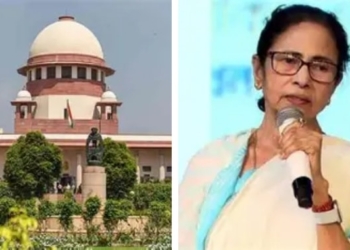India, along with its G4 allies—Brazil, Germany, and Japan—has firmly opposed proposals suggesting the allocation of United Nations Security Council (UNSC) seats based on religious representation.
The nations argue that UNSC reform should prioritise fairness, geographical balance, and global inclusivity rather than religious identities.
Discussions on UNSC expansion have intensified in recent times, with certain groups advocating for a system that includes representation from specific religious communities. However, India and its allies maintain that reform should focus on addressing geopolitical realities and ensuring fair representation across all regions. The G4 group has consistently pushed for a more democratic and accountable Security Council structure, emphasising that religion-based seat allocation would undermine its core mission.
The rejection of these proposals reinforces India’s stance on global diplomacy, where governance should remain secular and inclusive rather than being defined by religious lines. With ongoing dialogues on UNSC reform, the debate over representation continues to be a crucial issue in international policy-making.





























